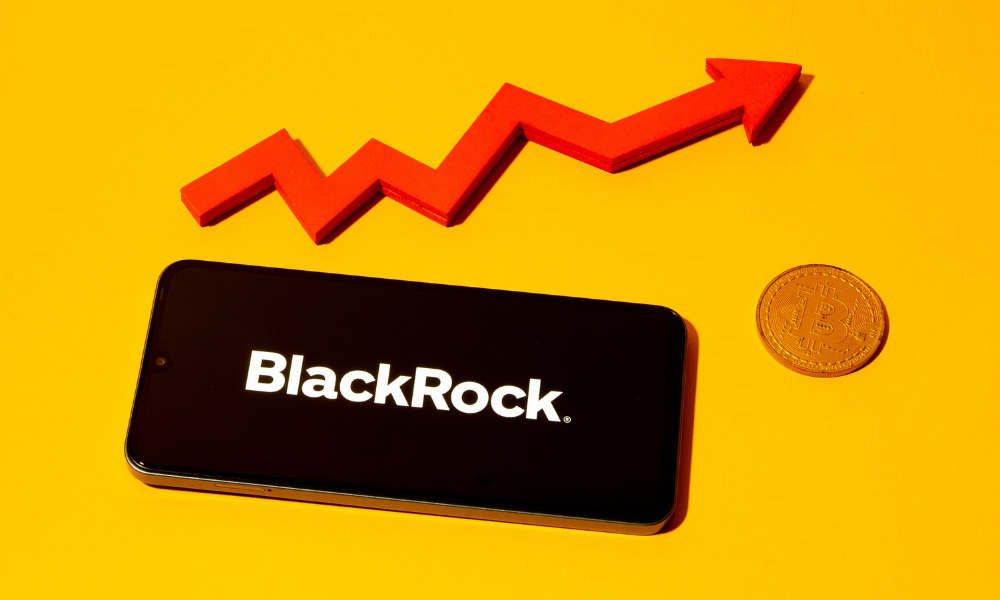Larry Fink says average Americans will cut spending as stock losses hit Main Street

BlackRock CEO Larry Fink warned that stock markets could fall an additional 20 percent, saying the effects of steep US tariffs are pushing some investors to believe the economy may already be in contraction, according to Reuters.
Speaking at the Economic Club of New York on Monday, Fink said, “Most CEOs I talk to would say we are probably in a recession right now.”
He linked the new tariffs to rising prices and inflationary pressure.
Despite recent market weakness following the tariff announcement last Wednesday, Fink described it as “more of a buying opportunity than a selling opportunity” in the long term, and clarified that it did not present systemic risk.
Still, he cautioned, “That doesn’t mean we can’t fall another 20 percent from here too.”
Fink became one of the first major Wall Street executives to publicly comment on the market downturn after US President Donald Trump announced the new tariffs.
By Monday, Trump threatened another 50 percent tariff on Chinese imports, sending the S&P 500 closer to a 20 percent drop from its February high.
He said average people would feel the impact of declining stock prices and predicted an effect on consumer spending.
“The reality is 62 percent of Americans now invest in equities — the market impact is impacting Main Street,” he said. “This is going to freeze more and more consumption, I think we’re going to start seeing that really quickly.”
Fink said the Trump administration could counter slowing consumption by focusing on deregulation and policies that support growth, pointing specifically to potential mergers among large banks.
On monetary policy, Fink dismissed the possibility of four or five interest rate cuts by the Federal Reserve this year, citing the inflation outlook.
He raised concerns about the US potentially losing its global leadership in capital markets.
Fink also addressed BlackRock’s pending deal with Hong Kong-based CK Hutchison for control of key ports near the Panama Canal. He said the regulatory review could extend another nine months.
Calling the deal commercially driven rather than geopolitical, he said he had discussed it with US policymakers and remained optimistic about its approval.
On the topic of succession, Fink said he is prepared to step down and keep his role as chair for a short period once the next generation of leaders is ready. “They think they are not ready yet,” he said.
The broader market has also been affected by the escalating trade tensions.
On April 8, the Dow Jones Industrial Average experienced a dramatic reversal, closing down 320 points at 37,645, marking a nearly 5,000-point decline since Trump's “Liberation Day” announcement.
The S&P 500 ended down 1.6 percent at 4,983, while the Nasdaq dropped 2.2 percent to 15,268, as reported by The New York Post.



